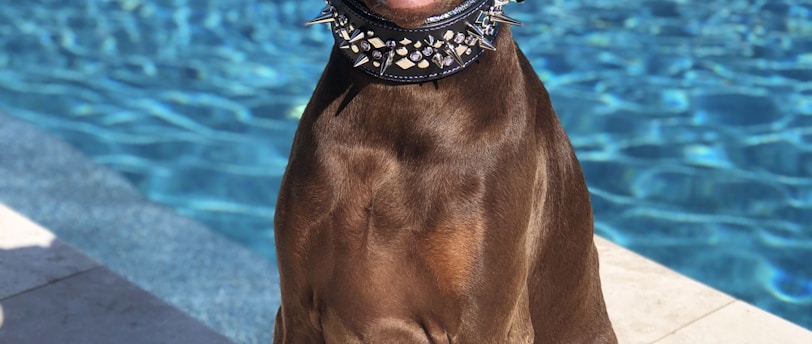The Doberman Pinscher: A Guide to Training, Socialization, and Care
11/11/20232 min read


Introduction
Doberman Pinschers are known for their striking appearance, intelligence, and loyalty. They are a breed that requires proper training, socialization, and care to thrive and become well-adjusted members of your family. While these characteristics are common in the breed, it's important to remember that individual Dobermans may vary in temperament and behavior. In this guide, we will explore the essential aspects of training, socialization, and care to bring out the best in your Doberman.
Training
Training is crucial for Doberman Pinschers as they are highly intelligent and energetic dogs. They thrive when given a job to do and respond well to positive reinforcement techniques. Here are some key tips for training your Doberman:
Start early: Begin training your Doberman as soon as you bring them home. Early socialization and obedience training are essential to prevent behavioral issues.
Consistency is key: Be consistent with your commands and expectations. Dobermans are quick learners, but they can become stubborn if they sense inconsistency.
Positive reinforcement: Use rewards such as treats, praise, and playtime to motivate and reward your Doberman for good behavior. Avoid harsh punishment as it can lead to fear or aggression.
Socialization: Expose your Doberman to various people, animals, and environments from an early age. This will help them become well-rounded and confident dogs.
Socialization
Doberman Pinschers are naturally protective and can be wary of strangers. Socialization plays a crucial role in ensuring that your Doberman is friendly and well-behaved in different situations. Here are some tips for socializing your Doberman:
Start early: Begin socializing your Doberman as soon as possible. Introduce them to different people, animals, and environments to help them feel comfortable and confident.
Positive experiences: Make socialization a positive experience for your Doberman by rewarding them with treats, praise, and playtime during interactions with new people and animals.
Gradual exposure: Gradually expose your Doberman to new environments and situations. Start with low-stress situations and gradually increase the level of difficulty.
Training classes: Enroll your Doberman in obedience classes or socialization classes to provide structured socialization opportunities and guidance from a professional trainer.
Care
Proper care is essential to keep your Doberman healthy and happy. Here are some important aspects of Doberman care:
Exercise: Dobermans are an active breed that requires regular exercise to burn off their energy. Provide daily walks, playtime, and mental stimulation to keep them physically and mentally fit.
Diet: Feed your Doberman a balanced and nutritious diet that meets their specific dietary needs. Consult with your veterinarian to determine the best diet for your Doberman.
Grooming: Dobermans have short coats that are easy to maintain. Regular brushing, nail trimming, and ear cleaning are necessary to keep them clean and healthy.
Healthcare: Schedule regular veterinary check-ups for your Doberman to ensure they are up to date on vaccinations and receive preventive care. Be aware of common health issues in the breed, such as hip dysplasia and heart problems.
Conclusion
Doberman Pinschers are intelligent, loyal, and protective dogs that make excellent companions. With proper training, socialization, and care, you can bring out the best in your Doberman and ensure they are a well-adjusted and well-behaved member of your family. Remember, individual Dobermans may vary in temperament and behavior, so it's important to tailor your approach to their specific needs. By investing time and effort into training, socializing, and caring for your Doberman, you will be rewarded with a loving and devoted companion.
Useful links
Our Contacts
Email: info@lancasterdobermann.com
Phone Number: +1 561-376-2923
Our Store Address
1595 Newport Blvd, Costa Mesa, CA
